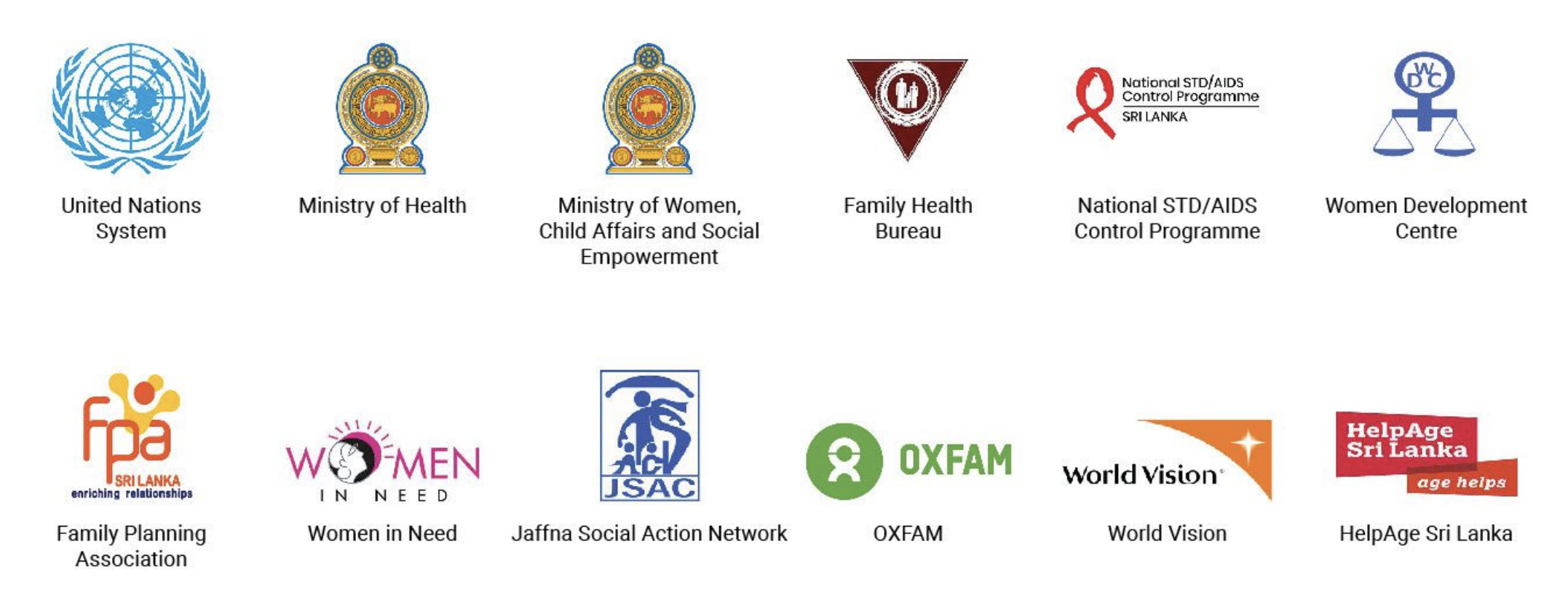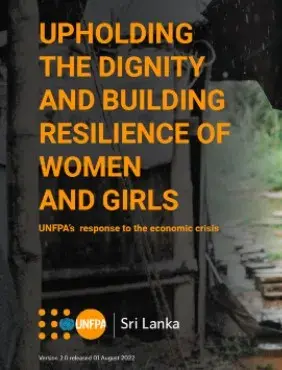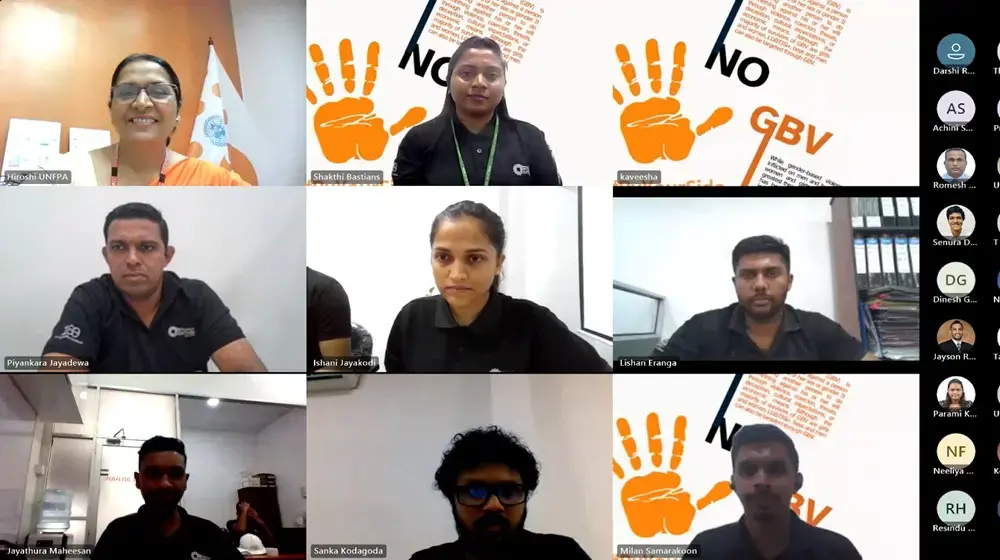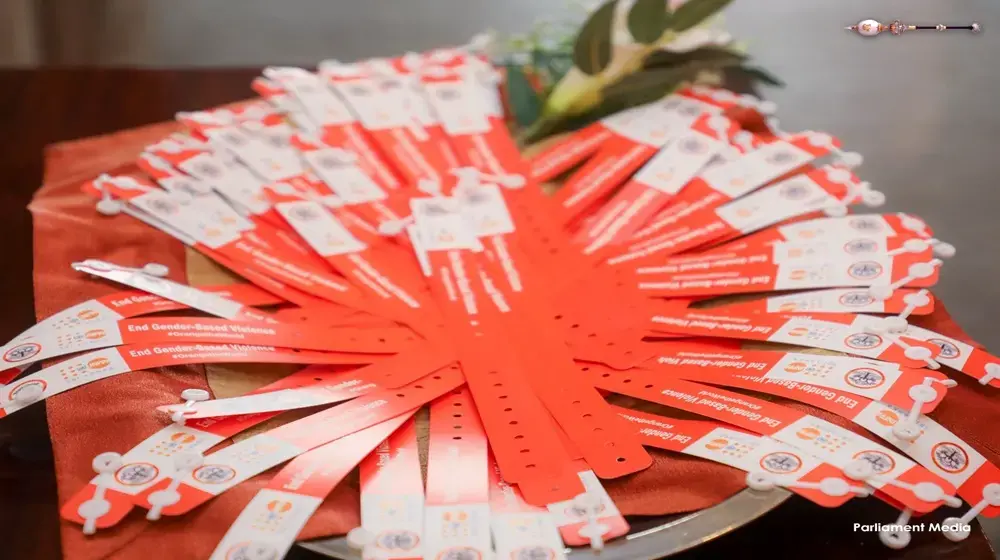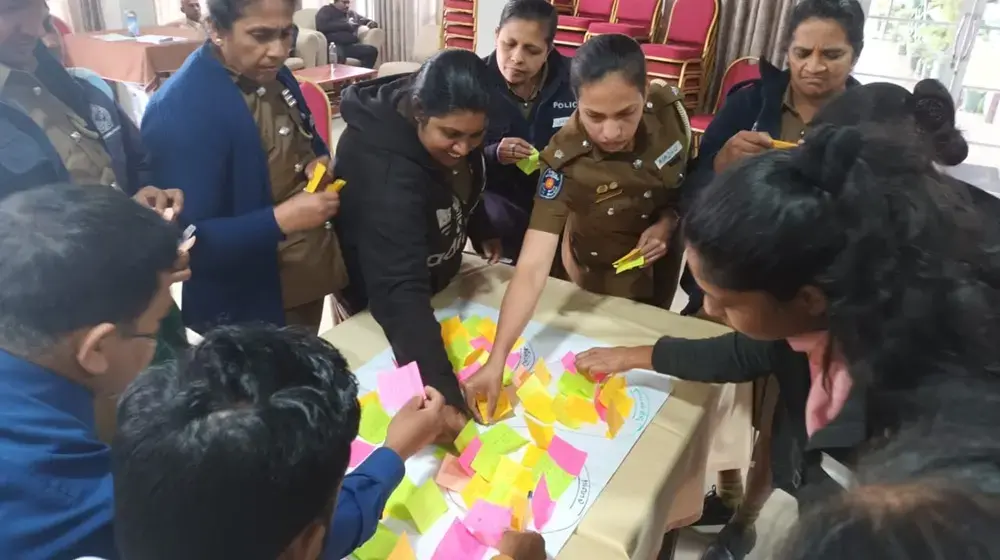Sri Lanka is facing its worst economic crisis since its independence in 1948, with serious consequences for the most vulnerable people in the population. Food security, agriculture, livelihoods, and access to healthcare are affected. It is estimated that nearly 5.3 million people are now in urgent need of humanitarian assistance.
This complex emergency severely affects the life-saving delivery of sexual and reproductive health (SRH_ information and services, protection mechanisms from gender-based violence, and the existing protective social norms and family systems—all further marginalizing and putting women and girls and other vulnerable groups in life-threatening situations.
The Government of Sri Lanka has requested the support of the United Nations for multi-sector international assistance to respond to the most urgent needs arising from the crisis. As indicated through global evidence, women and girls are disproportionately affected in crises and emergency situations. In particular, those who face multiple forms of inequalities such as daily wage earners, women living with disabilities, and older persons among others will be more vulnerable to the economic shocks.
Our Partners
